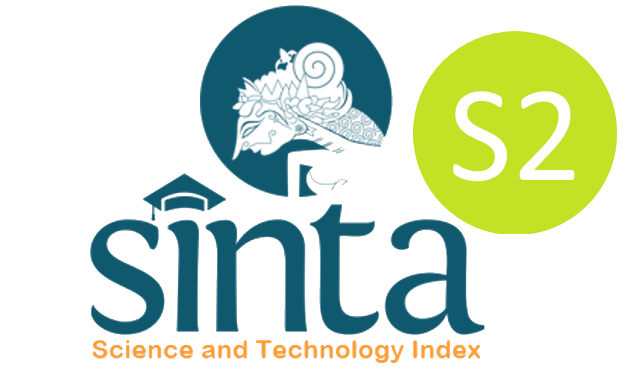Abstract
Coronavirus (COVID-19) has greatly impacted people‘s lives, including those of students in higher education, who have experienced drastic changes causing high levels of stress and decreased well-being. The relationship between stress and well-being can be viewed through the lens of psychological flexibility and loneliness. Individuals who experience high stress tend to be psychologically inflexible and have avoidant/maladaptive coping strategies. As a result, they are also vulnerable to loneliness, which ultimately results in decreased in well-being. In this study, of 945 student-participants, 43.28% met the criterion for high loneliness, 21.9% reported high perceived stress, 69.8% reflected high psychological inflexibility, and their mean score for well-being was 54.45. Serial mediation analysis found that psychological flexibility and loneliness partially mediate the relationship between stress and well-being. However, stress can affect well-being directly but also indirectly through psychological inflexibility and loneliness. A high level of stress, with a low level of psychological flexibility, results in a high level of loneliness; hence well-being decreases. Interventions promoting psychological flexibility can help individuals adapt and cope with difficult situations during the pandemic.
Recommended Citation
Indra, Gracia Hanna; Radyani, Annisa Mega; and Oriza, Imelda Ika Dian
(2021)
"The Relationship Between Stress and Well-being: The Mediating Roles of Students’ Psychological Flexibility and Loneliness During the Coronavirus Pandemic,"
Psychological Research on Urban Society: Vol. 4:
No.
2, Article 1.
DOI: 10.7454/proust.v4i2.100
Available at:
https://scholarhub.ui.ac.id/proust/vol4/iss2/1







